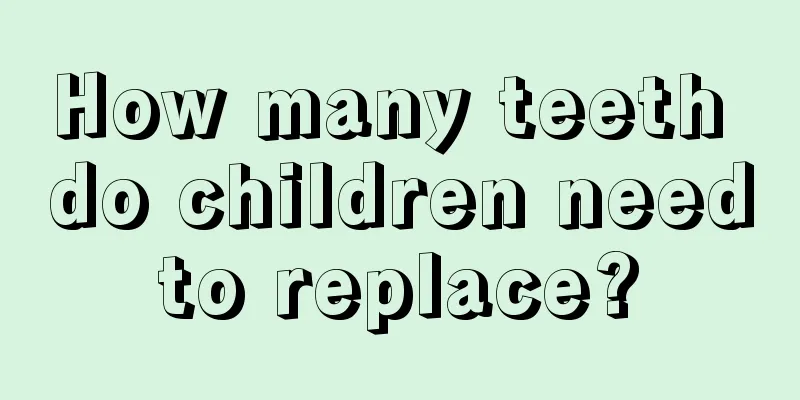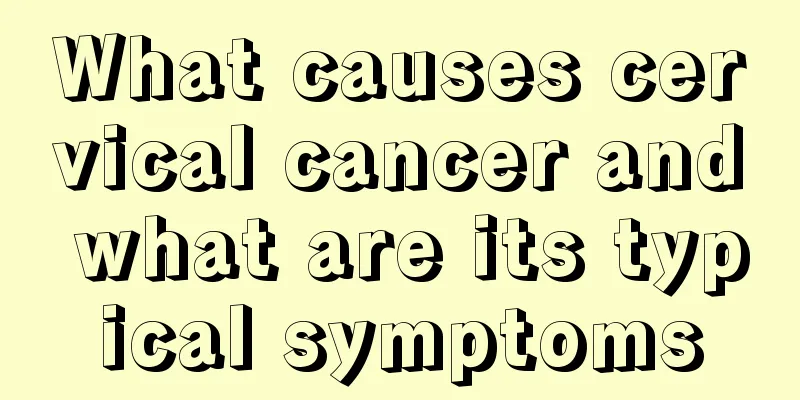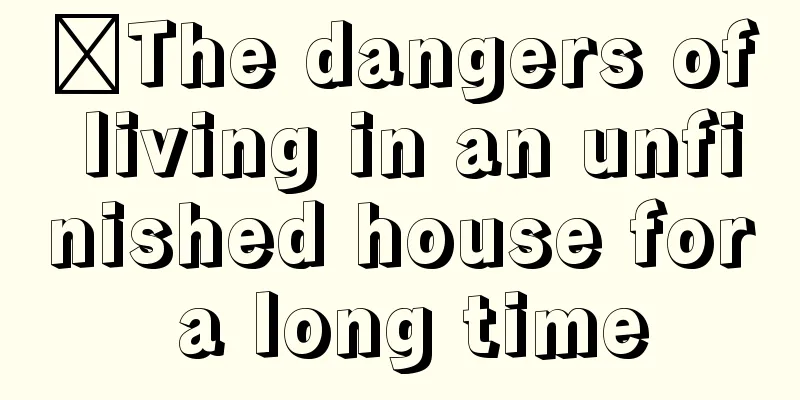How many teeth do children need to replace?

|
It is normal for children to change their teeth. This is the first step in laying the foundation for healthy oral health as they grow up. Especially during the special time when children are changing their teeth, our parents should pay more attention to help children change their teeth better and avoid bad or unsightly teeth in the future. Here, some people wonder how many teeth children should replace? Next, let’s take a look at the experts’ introduction. Regarding the question of how many teeth a child should replace, experts point out that all twenty deciduous teeth must be replaced, generally starting at the age of six or seven, in the order in which the deciduous teeth erupt, and by the age of 12-13, all deciduous teeth have been replaced by permanent teeth. The first permanent molar, also called the sixth-age molar, erupts just behind the last deciduous molar at around six years old; slightly earlier or at the same time as the lower central incisor erupts, the deciduous lower central incisor falls out at around six years old, and the permanent lower central incisor erupts; at the age of 7-8 years old, the deciduous upper central incisor falls out, and the permanent upper central incisor erupts, the deciduous lower lateral incisor falls out, and the permanent lower lateral incisor erupts; at the age of 8-9 years old, the deciduous upper lateral incisor falls out, and the permanent upper lateral incisor erupts; from the age of 9-12 years old, the first and second deciduous molars fall out, and the first and second bicuspids erupt; from the age of 10-12 years old, the deciduous canines fall out, and the permanent canines erupt. In order to let children have a good set of teeth, parents should pay attention to the following points during this period: 1. Observe whether the child’s deciduous teeth are retained or fall out prematurely. There is a certain time and order for the shedding of deciduous teeth. Deciduous teeth that should fall out but don't are called retained deciduous teeth, and the consequence is often that permanent teeth cannot erupt in the normal position. If the deciduous teeth fall out before they should, it is called premature loss of deciduous teeth. This often causes the adjacent teeth on both sides to tilt toward the gap between the missing teeth, making the gap smaller and causing the permanent teeth to erupt out of place due to insufficient space. Most children begin to change their teeth at the age of five or six, some start at the age of four, and some children may not lose their first deciduous tooth until the age of seven. 2. Observe whether the child’s new teeth are difficult to grow out. If your child has reached the age of replacing teeth but the permanent teeth have not yet grown, you should take your child to the hospital for examination in time. 3. Actively prevent and treat tooth decay. During the period of tooth replacement, deciduous molars are prone to caries. If caries cause apical disease, it can affect the growth and eruption of secondary permanent teeth. Therefore, attention should be paid to the timely treatment and prevention of caries in deciduous molars. We must not have the wrong idea that "deciduous teeth will be replaced sooner or later, so there is no need to treat them if they are damaged." We should try our best to retain the deciduous teeth until the permanent teeth erupt. If the deciduous teeth are lost prematurely, it will often lead to insufficient space for the secondary permanent teeth to erupt and cause malocclusion. In addition, parents should pay special attention to their children's oral hygiene during this period, supervise their children to brush their teeth in the morning and evening, and use light salt water to rinse their mouths during and after meals. Children's teeth begin to loosen, so avoid artificially shaking the deciduous teeth to prevent secondary infection. After the deciduous teeth fall out, children should be taught to avoid licking their gums with their tongues, which will increase local gum growth and affect the eruption of permanent teeth. In terms of diet, they should pay attention to comprehensive nutrition and appropriate calcium supplementation. During the period of tooth replacement, children should not eat hard foods and should eat more chewy foods, etc. Children are very young, and they will be very panicked when their teeth suddenly fall out. At this time, parents should popularize the following knowledge about tooth replacement for their children, such as how many teeth children should replace, what precautions should be taken for tooth replacement, what foods are suitable for tooth replacement, etc. This will not only soothe the children's young hearts, but also help them grow good and beautiful teeth. |
<<: What is the treatment for severe arteriosclerosis?
>>: What causes esophageal discomfort?
Recommend
Early treatment measures for nasopharyngeal tumors
As for the early treatment of nasopharyngeal tumo...
What to do if there are yellow particles in tonsils
I believe that many people with poor physical con...
What is the representative formula of the sweet and warm heat removal method
From the perspective of traditional Chinese medic...
What causes thick green tongue coating? Is the condition serious?
Generally speaking, thick green tongue coating is...
How many vitamins should I take for swollen gums
Red and swollen gums are mostly caused by getting...
What causes cloudy eyes
Many friends are at a loss when their eyeballs be...
How much does it cost to be hospitalized for kidney cancer
Kidney cancer mostly occurs in married women and ...
Can early stage kidney cancer be cured?
The cure rate of early kidney cancer is very high...
How long does aerobic exercise take to cause muscle loss
No matter which form of exercise, it is very good...
Causes of flat warts, HPV virus infection
There are many reasons for the formation of flat ...
What should I do if my dentures fall off
Many people have experienced dental problems. Den...
What is Jueyin headache
Jueyin headache is one of the many diseases that ...
Patients with cardia cancer should pay attention to dietary care methods
Patients with cardia cancer need to pay attention...
What happens if people sleep too much
Sleep is an activity that everyone must perform e...
Can I eat mango if I have urticaria
Some people's skin is naturally more sensitiv...









